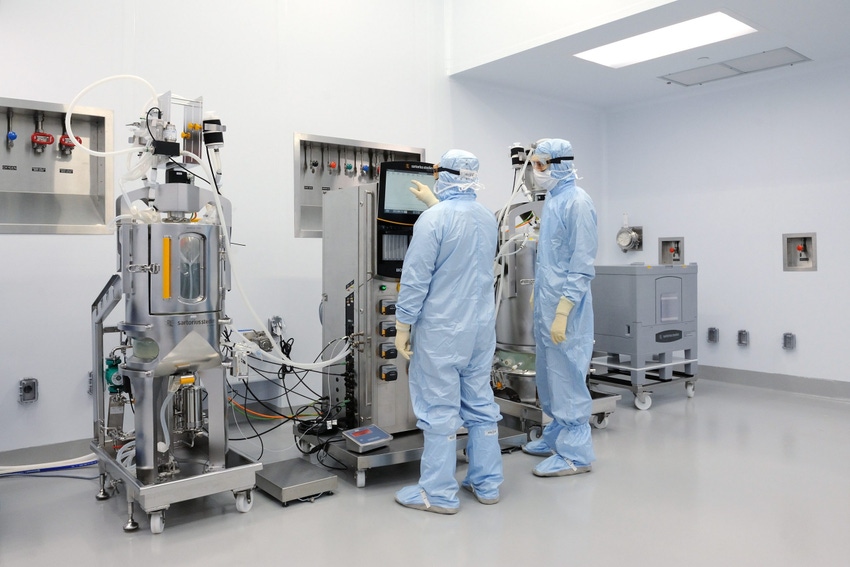Voices of Biotech
Podcast: MilliporeSigma says education vital to creating unbreakable chain for sustainability
MilliporeSigma discusses the importance of people, education, and the benefits of embracing discomfort to bolster sustainability efforts.
October 18, 2021

Date: Oct 18, 2021
Duration: 20 Min
Sponsored by WuXi Advanced Therapies
This webcast features: Dr. Weiheng Su, Principal Scientist, OXGENE
Adenoassociated virus (AAV) is a popular choice of viral vector for new gene therapies, but manufacturing systems have not kept pace with biological advances, leaving these therapies costly, difficult to produce at scale, and subject to inherent batch-to-batch variability. In this webinar, Dr. Weiheng Su describes how rethinking AAV manufacture “from the ground up” allowed OXGENE to manipulate AAV’s natural relationship with adenovirus to address these challenges with their novel tetracycline-enabled self-silencing adenovirus (TESSA) technology.
TESSA vectors, like wild-type adenovirus, provide high-quality help for AAV replication, but unlike the wild-type virus are unable to produce adenoviral structural proteins, thereby reducing adenoviral contamination by 99.9999% in a manufacturing run. Integration of the AAV rep and cap genes into the TESSA vector means that everything required for AAV production, except the AAV genome, can be provided in a single viral vector. Meanwhile, the AAV genome can either be encoded within a second TESSA vector, in a plasmid, or within an AAV particle itself. Once this first AAV seed stock has been produced, coinfecting cells with this AAV alongside another TESSA vector can further amplify the AAV in a simple, reproducible, and scalable manner, removing the reliance on expensive and limiting plasmids for AAV manufacture.
This webinar will take a deep dive into the data behind this new technology, demonstrating how the use of TESSA vectors can improve recombinant adenoassociated virus (rAAV) yield, particle infectivity, and quality across serotypes, establishing the potential for reduced cost of goods and improved safety for AAV based gene therapies.
Key learning points:
TESSA technology is a plasmid-free, scalable AAV manufacturing system.
TESSA vectors are adenoviral vectors engineered such that they can still provide high-quality help for AAV production but cannot produce adenoviral structural proteins, thus eliminating contamination.
TESSA vectors improve rAAV yield, particle quality, and infectivity, raising the potential for improved safety and lower effective doses.
This webcast is no longer available.
You May Also Like